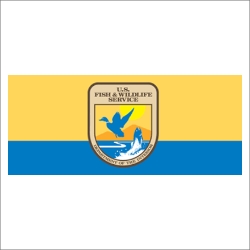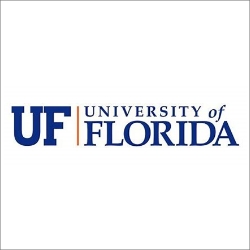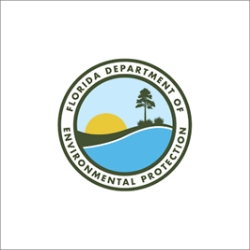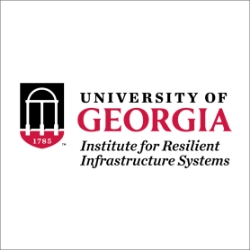Partners
A brief description of the external stakeholders.Overview

U.S. Fish and Wildlife Service
USFS is an agency US Department of the Interior dedicated to the management of fish, wildlife, and natural habitats. The mission of the agency is working to conserve, protect, and enhance fish, wildlife, plants and their habitats.
Responsibilities of FWS Include: enforcing federal wildlife laws; protecting endangered species; managing migratory birds; restoring nationally significant fisheries; conserving and restoring wildlife habitat, and distributing money to states' fish and wildlife agencies.
Learn more
University of Florida
The University of Florida Engineering School of Sustainable Infrastructure & Environment (ESSIE) improves and advances sustainability through a nexus of the civil, coastal, environmental and oceanographic programs. ESSIE is comprised of the Department of Civil and Coastal Engineering (CCE) and the Department of Environmental Engineering Sciences (EES).
ESSIE consists of six interconnected thrust areas:
- Coastal Ecosystem Dynamics
- Transportation Systems
- Sustainable Materials Management
- Hazards Engineering
- Health Engineering
- Engineering Education Collaborative

Florida Department of Environmental Protection
The Florida Department of Environmental Protection (DEP) is the state’s lead agency for environmental management and stewardship, protecting Florida’s air, water and land.
Regulatory programs safeguard natural resources by overseeing permitting and compliance activities that protect air and water quality and manage waste cleanups. Ecosystem Restoration programs protect and improve water quality and aquatic resources including America’s Everglades, Florida’s iconic springs and Florida’s world-renowned coastal resources. Land and Recreation programs acquire and protect lands for preservation and recreation, including 175 state parks and trails and more than 12 million acres of public lands and 4 million acres of coastal uplands and submerged lands.
Learn more Florida Resilient Coastlines Program
The University of Georgia – Institute for Resilient Infrastructure Systems (IRIS)
IRIS advances the integration of natural and conventional infrastructure systems to strengthen society’s long-term resilience to flooding, sea level rise, drought and other disruptions. Through collaborative partnerships, interdisciplinary expertise and research innovations, IRIS empowers communities and businesses to discover wise infrastructure solutions that deliver a broad array of social, economic and environmental benefits. Our vision is to see natural and conventional infrastructure working together for thriving communities, businesses and natural systems.
The University of Georgia established the Institute of Resilient Infrastructure Systems to tackle water resource challenges with innovative infrastructure solutions. IRIS brings together an interdisciplinary team of experts with extensive experience in creating pragmatic infrastructure strategies that provide water security, reduce pollution, and restore ecosystems while providing additional social benefits and engineering functions.
Learn moreRecordings
Group 2 Stakeholder Meeting
This is a recorded stakeholder meeting from the first round of meetings. This group consisted primarily of public sector agencies and Tyndall AFB personnel. The objectives of this session were to solicit feedback on the coastal resilience plans for Tyndall AFB, explore pathways for collaboration among stakeholders and confirm the interest of potential partners to continue engagement. During the first hour, topics presented included the impacts of hurricane Michael, rebuild plans, coastal resilience plans and pilot projects for nature based solutions. The second hour was dedicated to stakeholder discussions.
Group 3 Stakeholder Meeting
This is a recorded stakeholder meeting from the first round of meetings. This group consisted primarily of conservation organizations, academia and Tyndall AFB personnel. The objectives of this session were to solicit feedback on the coastal resilience plans for Tyndall AFB, explore pathways for collaboration among stakeholders and confirm the interest of potential partners to continue engagement. During the first hour, topics presented included the impacts of hurricane Michael, rebuild plans, coastal resilience plans and pilot projects for nature based solutions. The second hour was dedicated to stakeholder discussions.

